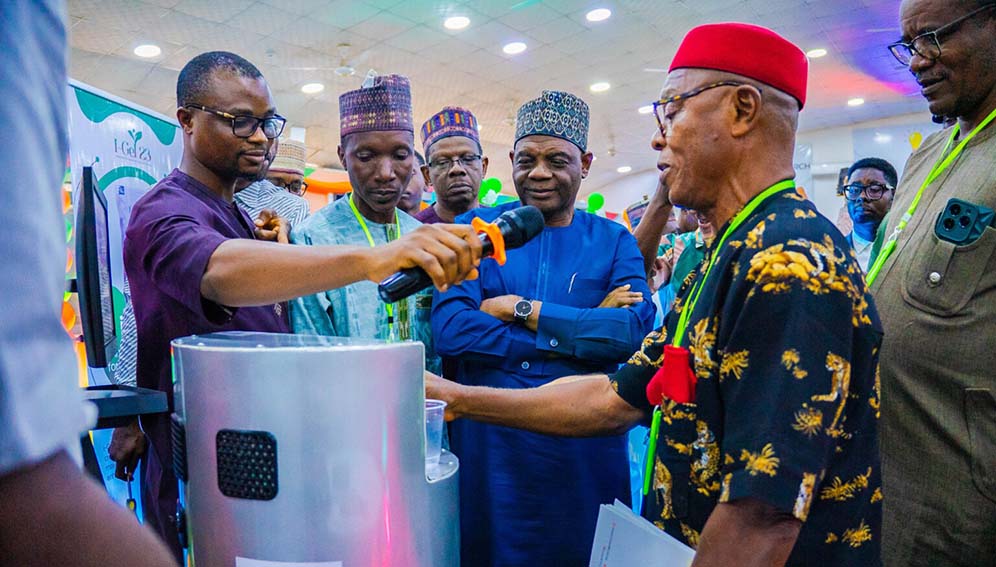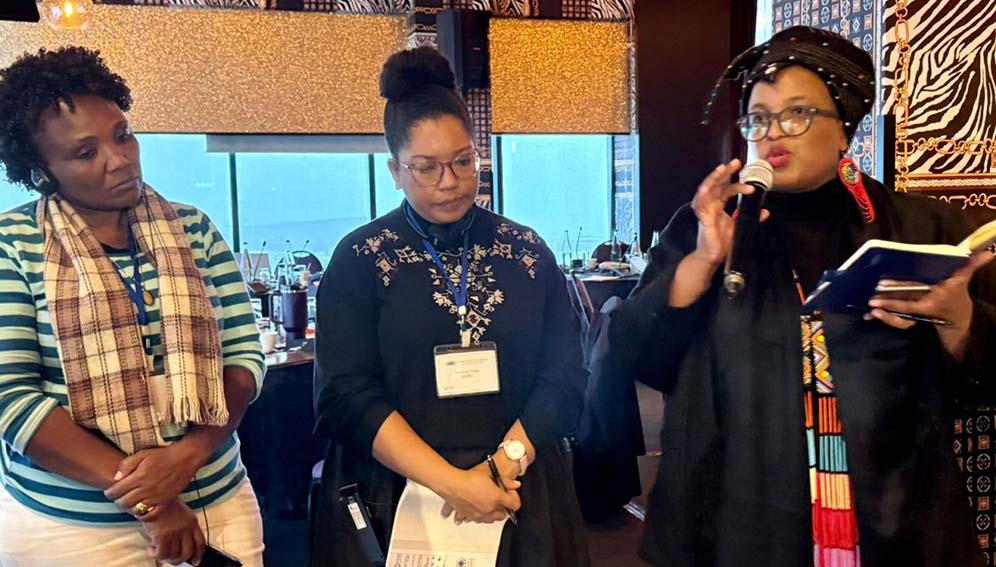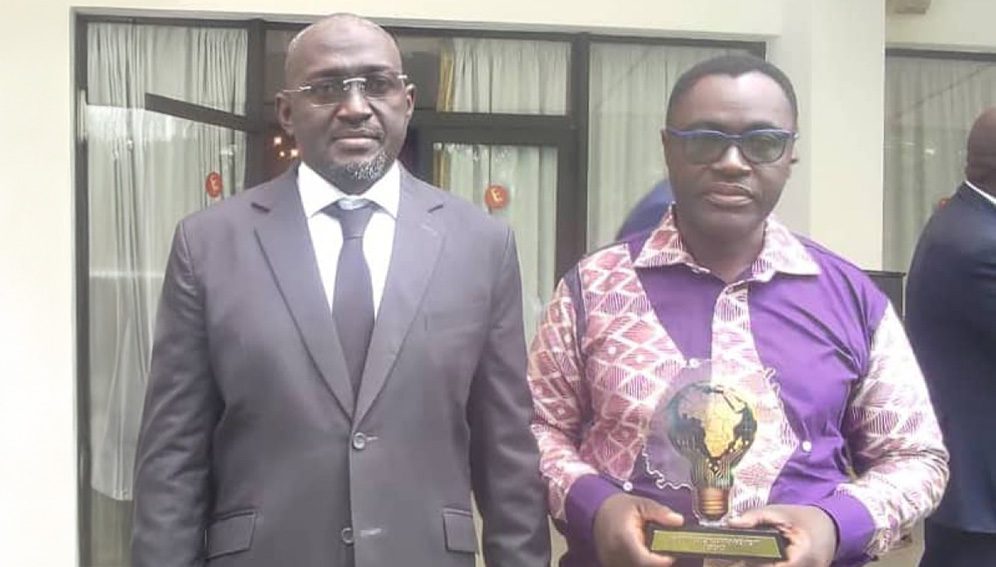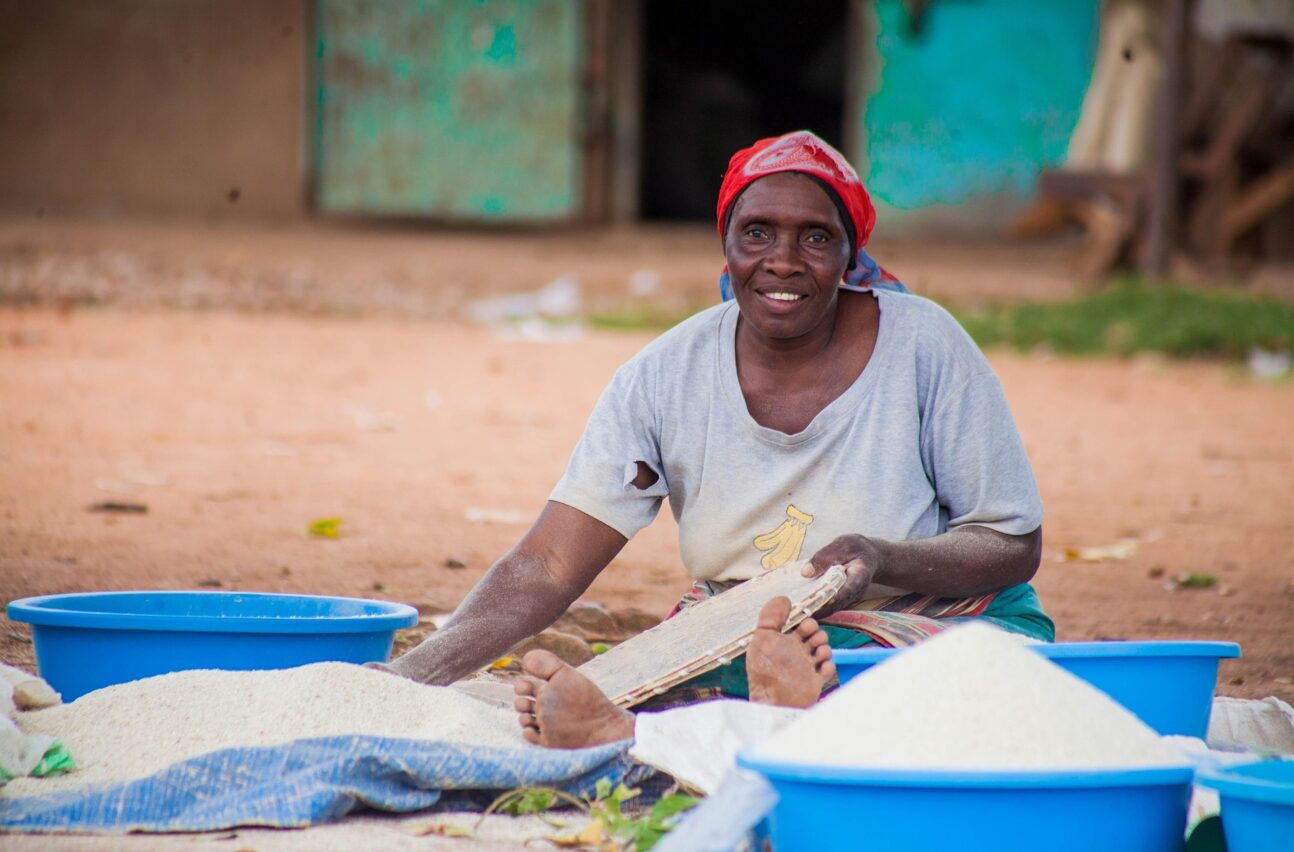SGCI News
The research project could provide clarity on the possibility of inter-basin transfer between Luapula River Basin and Kafue River Basin. Speed read Zambia water project aims to address climate impacts…
The research project could provide clarity on the possibility of inter-basin transfer between Luapula River Basin and Kafue River Basin.
| Speed read |
| Zambia water project aims to address climate impacts and boost water sustainability |
| It will explore merits of interbasin transfer between Luapula and Kafue river basins |
| Project should ensure reliable water supply for future generations |
By Scovian Lillian
[NAIROBI] A water conservation research project in the Upper Zambezi and Luapula river basins in Zambia could improve water management, raise low water levels and reduce power shortages caused by climate change impacts, a water researcher says.
Currently, the country is losing water resources because of changing weather patterns and rising temperatures, threatening basic needs like drinking water and farming.
Nyambe Imasike, professor of geology and coordinator of the University of Zambia’s Integrated Water Resources Management, says that the project to enhance the catchment protection and management of the two river basins will improve the quality of the ecosystem through better water management practices.
“This water conservation research project is already contributing to knowledge on the availability of water supply and sanitation, hydropower generation, flood control, and food security, particularly with climate change and variability.”
Nyambe Imasiku, professor of geology and coordinator of the University of Zambia’s Integrated Water Resources Management
“Zambia’s developmental challenges are centered on agriculture, manufacturing, mining industry diversification, followed by tourism, of which without water there will be no development,” Imasike tells SciDev.Net.
“Water is the main source of energy through hydropower and this drives the economy in Zambia.”
Imasike says the initiative aims to build understanding of water quality and availability and use that knowledge to establish solutions for cleaning up waste from mining. It will focus on managing water, energy, food and the environment as a whole.
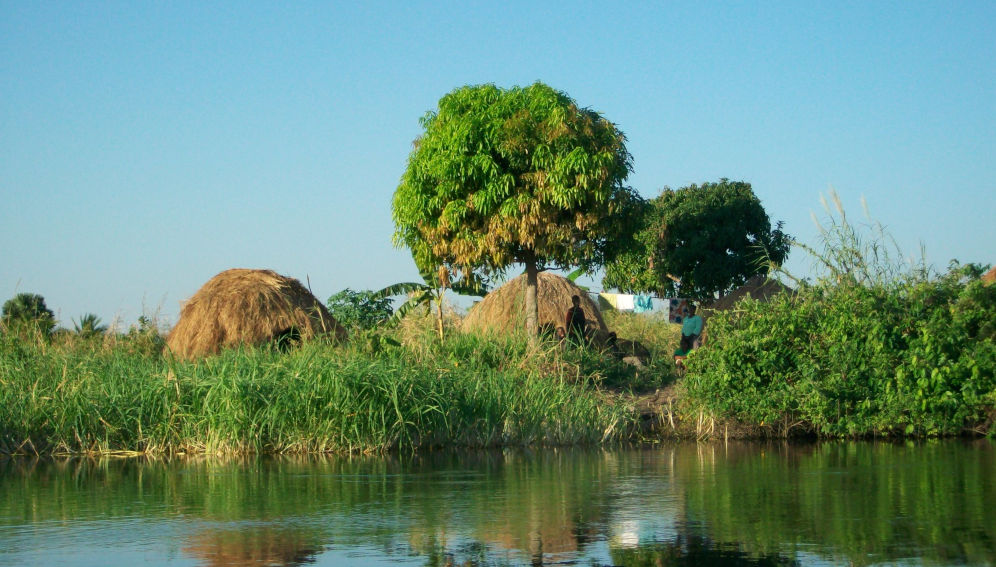
A comprehensive report will be produced for the Zambian government on the possibility of inter-basin transfer between the Luapula and Kafue river basins, putting to rest an ongoing debate for or against transferring water from one basin to another.
Inter-basin transfer is the process of transferring water from one basin to another to improve water security in water-scarce areas.
Imasike says the project will ensure reliable water supply for future generations, addressing concerns about water availability.
The water conservation research project began in October 2020 as part of the O.R Tambo Africa Research Initiative (ORTARChi), which empowers young African water experts by providing research equipment and improving technical skills. It has enabled them to develop solutions such as using bacteria to clean up waste from mining in Zambia’s Copperbelt.
ORTARChi is being implemented by South Africa’s National Research Foundation and the Science Granting Councils Initiative (SGCI).
Launched in 2015, the SGCI supports 16 Sub-Saharan African science agencies, empowering them to fund research and driving development with strong evidence and policies.
“This water conservation research project is already contributing to knowledge on the availability of water supply and sanitation, hydropower generation, flood control, and food security, particularly with climate change and variability,” says Imasike.
He adds that the project contributes to the Sustainable Development Goal on water availability and sanitation, as well as goals on food security, economic growth, affordable energy, and biodiversity.
Related News
TETFund, Innov8 Hub showcase innovations at research demo day
The Tertiary Education Trust Fund (TETFund) and Innov8 Hub have concluded the Science Granting Councils Initiative (SGCI) Demo Day, an event that highlighted Nigeria’s growing capacity to transform academic research into market-ready solutions. TETFund, Nigeria’s representative council for SGCI, partnered with Innov8 Hub to support…
HSRC pushes for inclusive research systems at SGCI gender summit
The Human Sciences Research Council (HSRC) hosts the Science Granting Councils Initiative (SGCI) Gender Equality and Inclusion (GEI) learning summit and calls for a more inclusive research landscape. The event marked the culmination of a three-year project aimed at embedding gender equity and inclusivity into…
SGCI-funded research wins science prize in Côte d’Ivoire
A Science Granting Councils Initiative (SGCI) funded research has earned national recognition in Côte d’Ivoire. The winner, Rodrigue Adjoumani Kouakou, is the assistant professor of chemistry, physics, and process engineering at the Training and Research Unit for Fundamental and Applied Sciences (UFR SFA) of Nangui…
Research and Resources
SGCI funded projects
Zambia’s top researchers pioneer solutions for climate resilience, food security, economic growth
Project Titles & Institution Areas of Research Number of Projects being funded Project Duration Grant Amount In-Kind Distribution Council Collaboration with other councils

